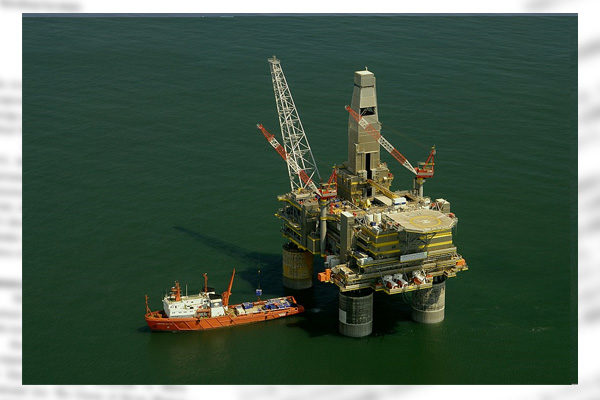On June 30, Russian President Vladimir Putin signed a decree to transfer the operation of the Sakhalin 2 oil and gas development project to a new company to be set up by the Russian government, noting that foreign firms including Japanese trading houses that have interests or equity stakes in the project can become shareholders of the new company only if they accept Russian conditions. If foreign firms refuse to accept the conditions, they may have no choice but to withdraw from the project, with their stakes in the project taken over by the Russians.
The Russian action clearly represented pressure or intimidation against Japan that has joined Western countries to impose sanctions on Russia for its war against Ukraine. But Japan is not the only country subjected to Russian pressure or intimidation. In mid-June, Russia cut pipeline natural gas supply to Germany by 60%. The Russians explained that the cut was attributable to a technical problem that was the absence of spare parts supply from Germany. None will accept such explanation.
Withdrawal from Sakhalin 2 may lead to tighter electricity supply
As the Russian conditions remain uncertain, whether the Japanese companies could maintain their stakes in the project depends on current behind-the-scenes negotiations. Japanese power and gas utilities currently have long-term contracts to procure liquefied natural gas (LNG) from the Sakhalin 2 project. Procurement may not necessarily be halted immediately, but it can be revised. Therefore, the Japanese firms’ participation in the new Russian company will be important for keeping a check on the Russian move.
LNG from the Sakhalin 2 project accounts for 9% of Japan’s total LNG imports. A half the LNG from the Sakhalin 2 is used for power generation, accounting for 2% of Japan’s total power generation. Russia might have targeted Japan that is plagued with a tight power supply-demand balance. While the power generation reserve margin of at least 3% is required to avoid blackouts, the power supply-demand balance is expected to become even tighter in the coming winter than in this summer. The tightrope will continue next year and beyond. A 2% power supply cut could lead to a serious situation where Japan may have to be prepared for blackouts.
No energy security without alternative supply sources
The focus of attention should be alternative LNG import sources to Sakhalin. In the global LNG market, a fierce race to procure LNG has emerged as decarbonization has coincided with Russia’s invasion of Ukraine. As a result, Japan has no chance to sign long-term LNG import contracts until 2025. Even if Japan makes desperate efforts, new supply may be received in 2026 at the earliest.
Until then, Japan will have to procure LNG at spot prices that have skyrocketed four to five times. New LNG procurement costs may top 1 trillion yen and be passed on to rising electricity prices to affect civic life.
Some argue that Japan should immediately withdraw from unreliable countries like Russia. Such argument is emotionally understandable. But the argument may be accepted only if alternative LNG import sources are found. From the viewpoint of energy security, it is irresponsible to call for withdrawing from Russia when alternative sources are nowhere in sight. For the immediate future, Japan should persevere and explore ways to continue buying natural gas from Russia for the national interest.
As a matter of course, Japan should not remain dependent on Russia indefinitely. In the longer term, Japan should phase out its dependence on Russia.
Masahiko Hosokawa is a professor at Meisei University and a former director-general of the Trade Control Department at Japan’s Ministry of Economy, Trade and Industry. He is also a Planning Committee member at the Japan Institute for National Fundamentals.


